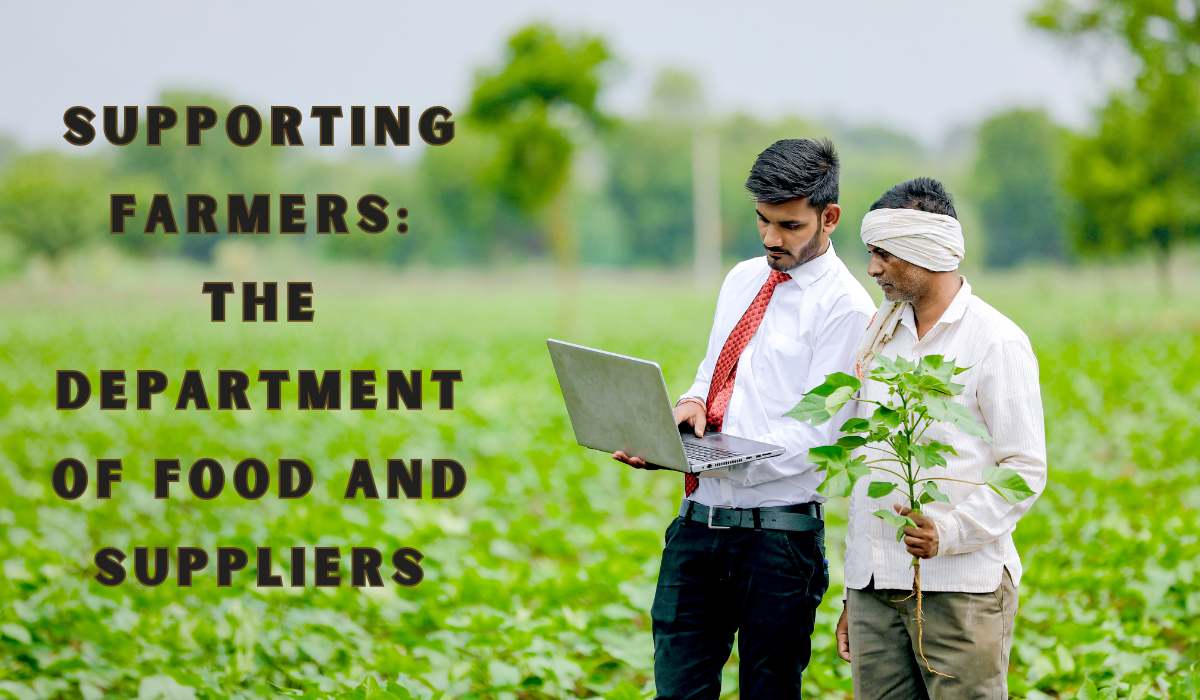Farmers travel a complicated path, and in order to get by, they depend on a number of factors, one of which is the Department of Food and Suppliers (DoFS). In this article, we will look at how DoFS, in conjunction with important suppliers, is vital to farmers’ empowerment. Department of Food and Suppliers in the west bengal government has launched e paddy procurement portal. It is an internet-based platform designed to make the state’s farmers’ rice-buying procedure easier.
The aim of this project is to make it easier for farmers to procure paddy rice in a transparent and efficient manner.
It has the following features:
- Self-scheduling for paddy sales;
- An online payment system;
- Real-time tracking of the paddy procurement process;
- Access to information on procurement centers, prices, and other pertinent details.
- The advantages of this approach include less paperwork and bureaucracy for farmers;
- A quicker and more transparent payment process; enhanced market access for farmers; decreased costs.
DoFS: A Farmer’s Partner
DoFS serves as a vital link between farmers and the market. EPaddy offers vital input support, guaranteeing access to high-quality seeds, fertilizers, equipment, and capital. Infrastructure development, such as irrigation systems and storage facilities, fortifies the base even further. However, DoFS doesn’t end there. They guide farmers through the market, setting reasonable prices, putting them in touch with buyers, and easing storage and transportation. All of these activities lower risks and guarantee a smooth flow of produce.
Suppliers: Vital Links in the Chain
A number of important entities supply farmers with essential resources:
- Seed companies: Provide locally appropriate varieties and guarantee quality control;
- Fertilizer companies: supply both organic and inorganic options accompanied by soil testing services;
- Farm machinery companies: Stimulate innovation and provide equipment that corresponds to farming requirements.
- Financial institutions: offer loans, credit plans, and risk management strategies. Market intermediaries: link farmers to wholesalers, retailers, and cooperatives, facilitating value addition and processing.
Challenges and Opportunities
A Collaborative Future:
- Diversification and cooperation with new revenue streams.
- Public-private partnerships: Combine government support with private sector expertise.
- Technology and innovation: Drive efficiency, productivity, and sustainability
- Empower farmers to communicate directly with consumers through e-commerce and direct marketing.
Working Together for Food Security & Farmer Prosperity:
By addressing obstacles and seizing opportunities, we can create a sustainable agricultural ecosystem that benefits farmers and consumers alike. Supporting farmers through DoFS, ethical suppliers, and cooperative efforts ensures food security and a better future for all.
